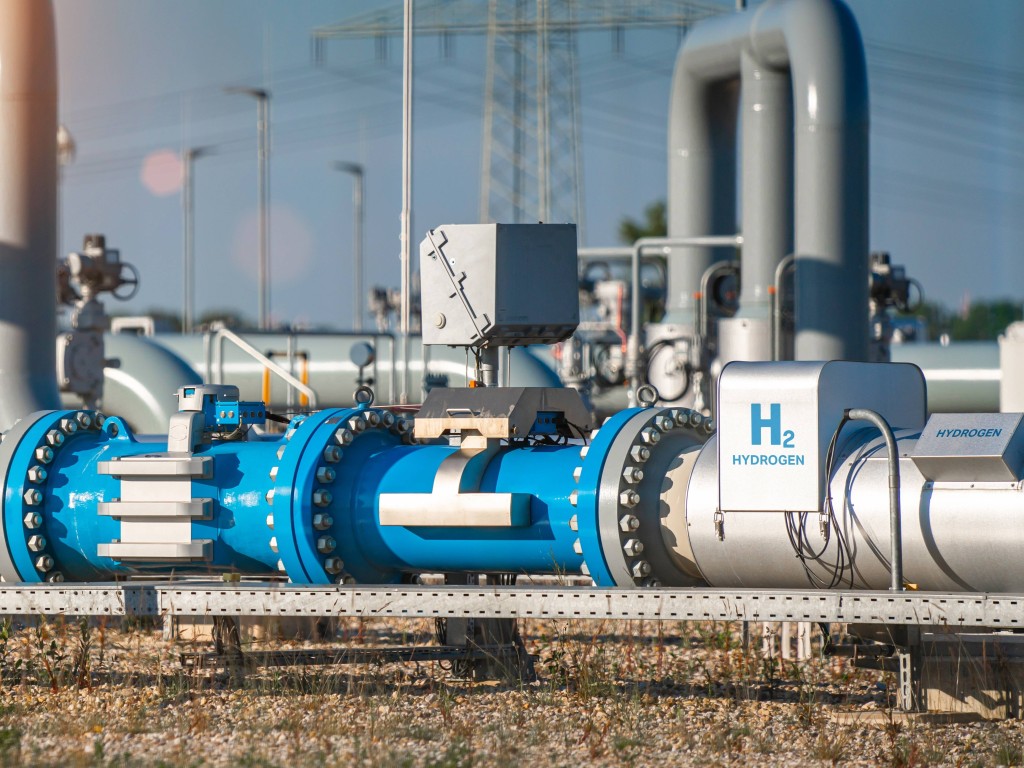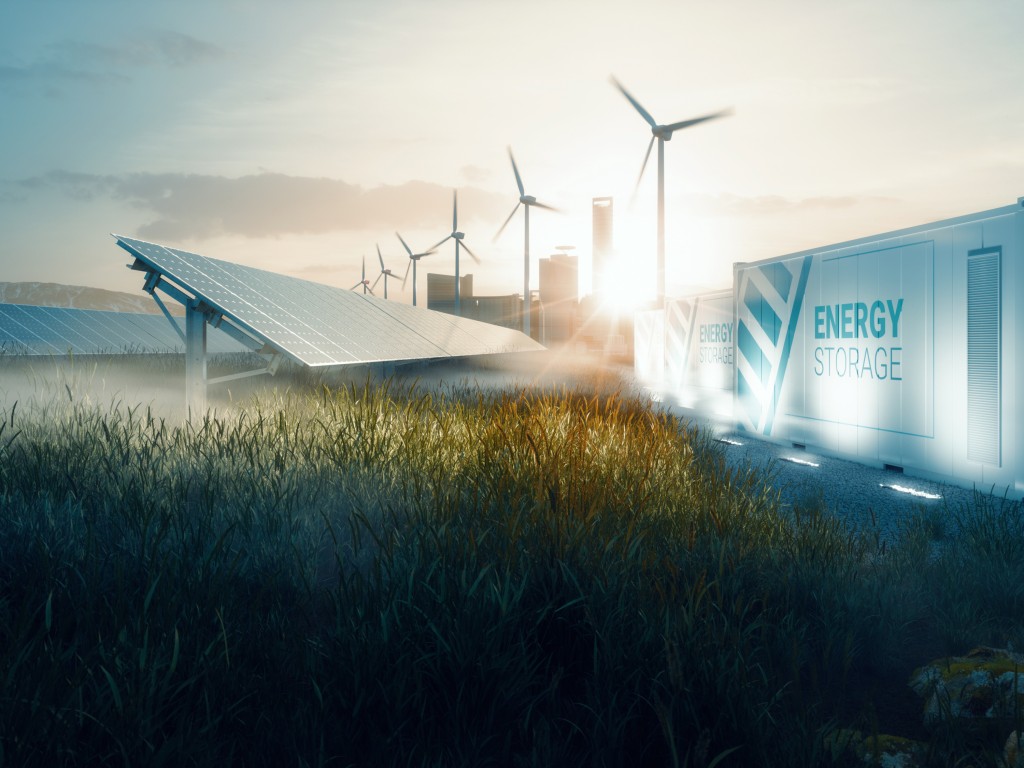Due to the climate-friendly potential and versatile use of hydrogen, the topic is on everyone's lips across industries and the market is in constant motion. There is therefore a lot to report - from certification standards to new guidelines for funding programs and pilot projects.
Stay up-to-date with us.





